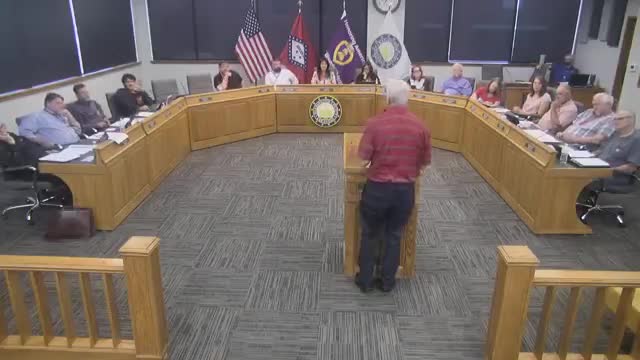Article not found
This article is no longer available. But don't worry—we've gathered other articles that discuss the same topic.
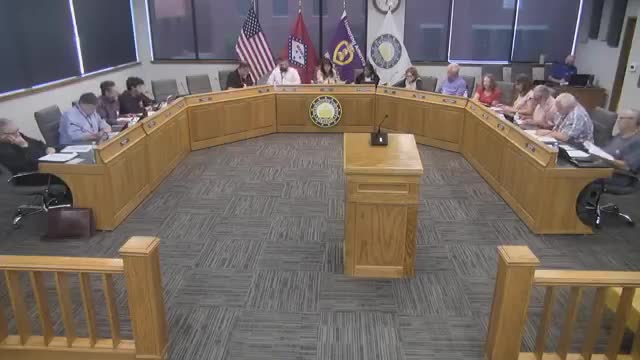
County attorney clarifies use of roll calls, divisions and FOIA changes for county committees

Assessor debuts property‑tax estimator, warns buyers of tax increases when caps lift
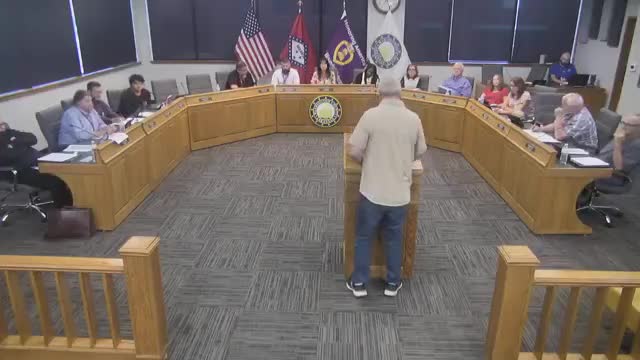
Resident urges county action after air testing near Eco Vista landfill; calls for ADEQ and ADH involvement
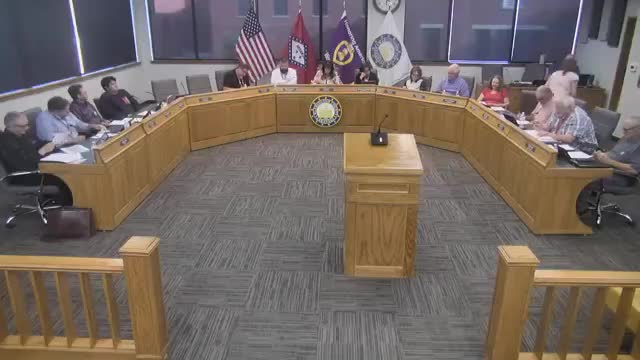
Juvenile detention reports 19 intakes in May; sheriff cites 21% increase in calls for service
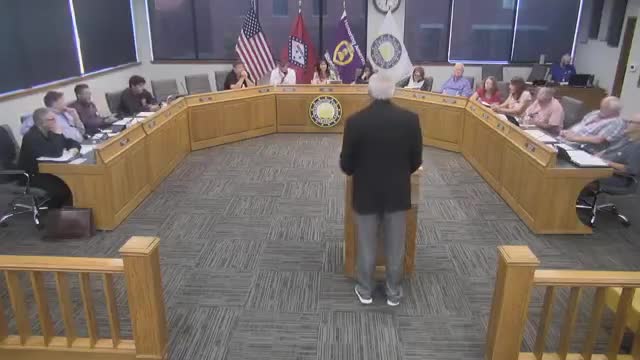
Washington Regional marks 70th anniversary and flags statewide hospital financial pressure
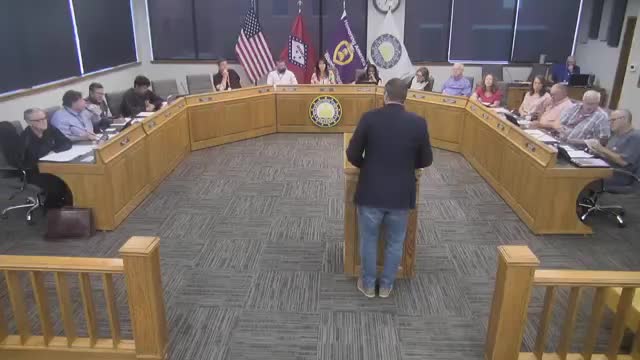
Community Rebuilding Initiative reports 30 participants in first 30 days; program focuses on treatment, housing and fatherhood
